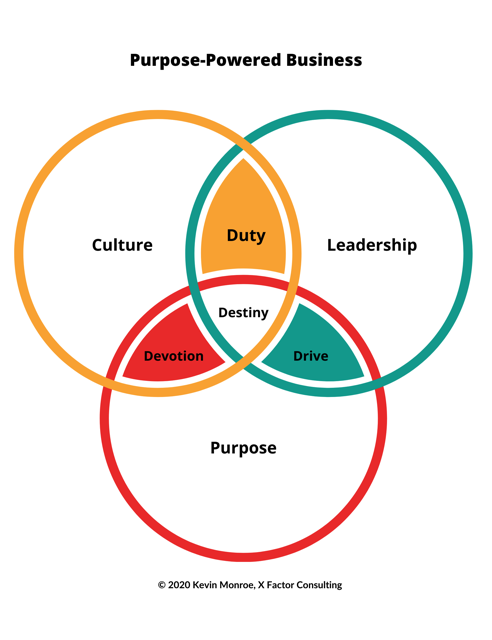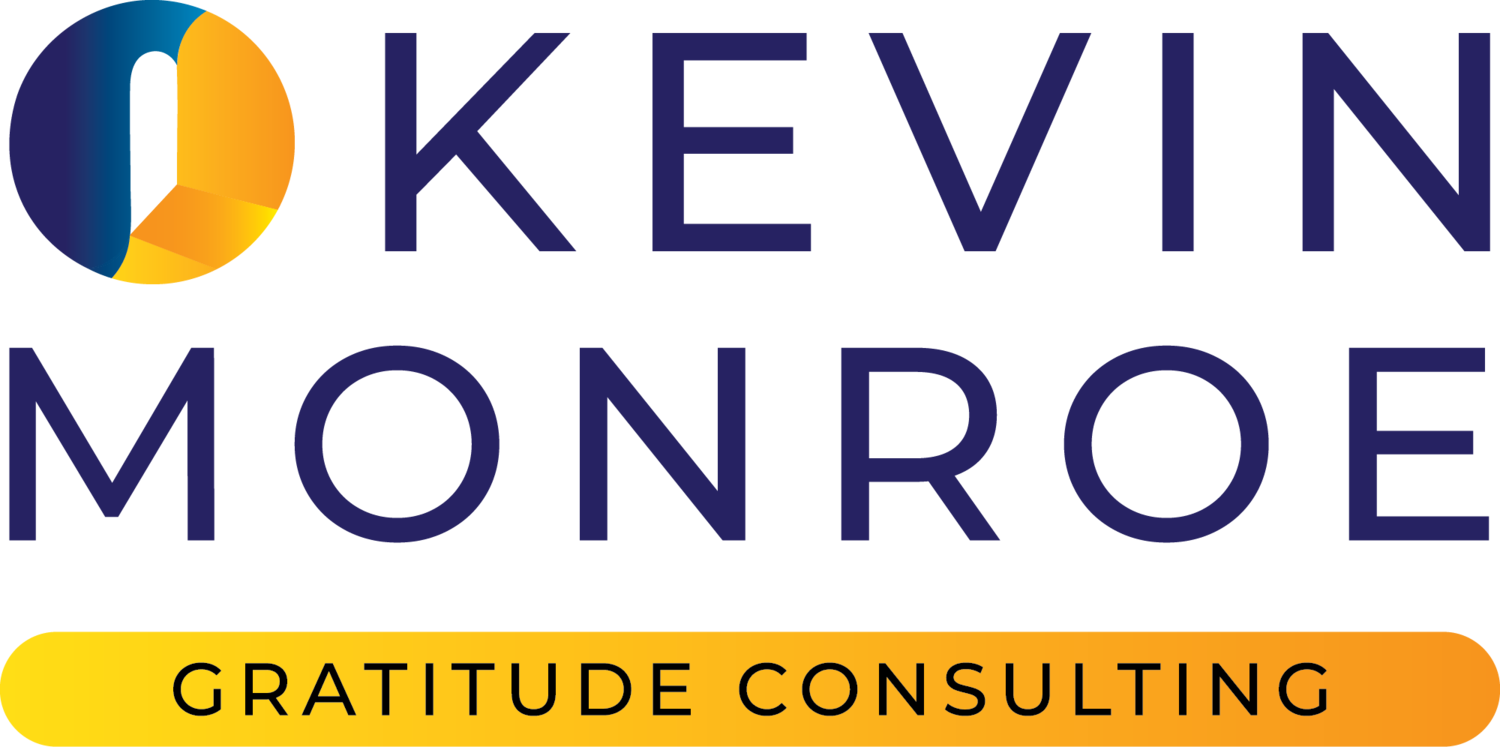On Purpose-Powered Leadership
Kevin connects with listeners as he reflects on the path that led him to this week’s episode of Higher Purpose Podcast. He shares insights about purpose, culture, and leadership in business and how they are the trifecta for success.
Servant Leadership
If servant leadership is the answer, what question is being asked? Kevin recounts his experiences working with numerous companies who were drawn to servant leadership. Companies that operate on servant leadership usually characterize themselves as either purpose-driven, value-based, or people-focused. They tend to gravitate toward this type of leadership because they feel it is the best approach to achieving their purpose. Servant leadership aligns with the values they want to see come alive in the world.
The PCL Framework
Kevin describes a purpose-powered business as a Venn Diagram of three interlocking circles, with one circle below and two on top. The lower circle is purpose (P) because it is the starting point, direction and destination of a business. When done well, purpose permeates all facets of a business and unites all departments and initiatives into a symphonic endeavor. The top circles are culture (C) and leadership (L). Kevin defines culture as the way things are done daily in an organization. While in most organizations culture happens by default, purpose-powered businesses design their culture, anchor it in a rich set of values and beliefs, and actively cultivate it. In addition, purpose-powered businesses recognize leadership as a function and not a position, and empower employees at all levels to think for themselves. Every purpose powered leader is a coach seeking to encourage everyone on the team to live out the company values and use the values combined with data to make prudent decisions.

Kevin says that to make a difference, purpose needs to be paired with action around culture and leadership. If an organization is strong in purpose and culture but lacks leadership, they may have a high degree of devotion to the purpose, but do not have as much movement toward their results and outcomes. If they are strong in purpose and leadership but do not cultivate culture, they may have a high sense of drive, but it may be to the detriment of their people. Finally, if a company lacks purpose but has leadership and culture, they may have a high sense of duty, but it may be adrift.
Resources
Kevin Monroe on LinkedIn | Twitter
Email: kevin@higherpurposepodcast.com
Call or text Kevin: 678-744-5111Join the community: KevinDMonroe.com/decade
